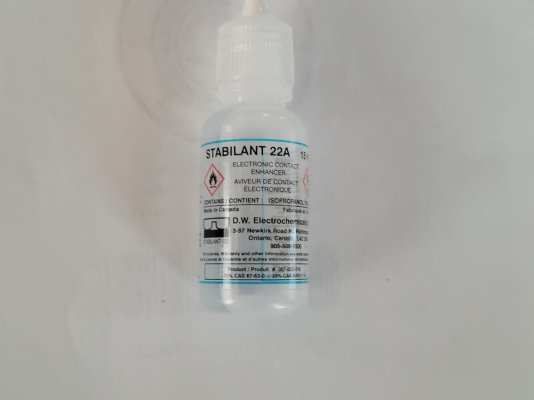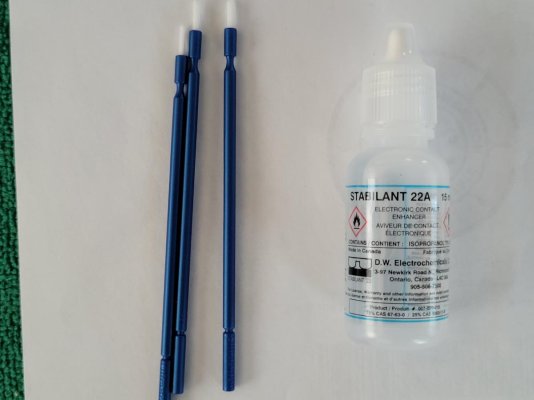"I'm not a farmer, but looking at large Ag operations it seems that the people making money in AG are Deere, Monsanto, and ADM, not the farms."
Advice from my grandfather to my father, then down to me:
If you want to live poor and die rich be a farmer. If you want to live rich and die poor be a lawyer.
With that I'll stop. I'm following Ted's journey on this with interest and don't want to hijack this.
That is pretty true for many.
My wife's family had a large farm operation once upon a time. Her great grandmother ran the farm after her husband died and raised three children by herself. She took earning from the farm in good years and expanded and improved their home. The family milled their own lumber for the house, made bricks they used for foundations on barns, and they did not hire help to build anything. Penny saved is a penny earned.

She also was part of owner of various businesses in the area.
I would think they were considered rich, and for that area, they were certainly well off but they did not have the largest home that is for sure, but they had a nice one. Nothing like a home today though.
Over the years, the farm has been divided up amoung children, grand children and now is passing to the great grand children. The land is leased out to a local farmer who is one of the largest in that part of the state. He is not young either, and like many farmers, he is getting up there in age. If one does not inherit the land, I don't see how anyone can start a farm just due to land costs not to mention the cost of equipment.
At this point, once the grand children die off, nobody will live on the farm. The farm house is run down and needs work for lack of money and neglect due to the people living in the home. There are many abandoned homes nearby that were once really, really nice homes, but as land was subdivided by inheritance and with the loss of tobacco income, making a living on these farms is almost impossible. The farms once provided a good living and life for the farmers but even back then, the farmer still had off farm jobs to provide income during the years of crop failures.
The farm still has it's tractor, a Massey Ferguson that has to be close to 50 years old.

It has a Perkins engine that just keeps working.

Later,
Dan


 :lol:
:lol:

